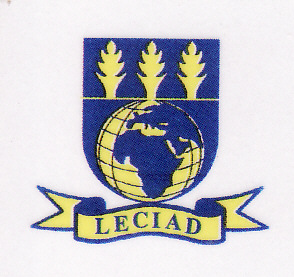The course seeks to build students’ capacity to assess the varying perspectives that have shaped conflicts around the globe. It also sharpens their analytical skills to comprehend the nature and dynamics of the conflicts and their resolutions. The competing theories of conflicts and conflict resolution as well as the mechanisms for resolving conflicts are delineates and analysed. There is an exploration of the emerging theoretical strands such as human behaviour (agency) and social systems (structure) theories to explain the phenomenon of peaceful social change. The course further discusses the typologies of conflicts such as environmental (resource), governance crisis, migration and refugees as well as identity/ethnicity/nationalism/citizenship. It nuances the critical responses to conflict at the interpersonal, intergroup, industrial, communal and international levels. It also provides detailed analysis of the growing conflicts in Africa such as the civil wars, religious militancy and terrorism and examines the role of the International Organizations such as the United Nations Security Council and African Union in conflict resolution, and the strategies (particularly the conditions for peace), and sustainable practices they rely on in their mediation activities. While it employs the lecturer-led mode of delivery, students would participate through group seminar presentations aided by Power-Point and other forms of simulations to illustrate important dimensions of conflict situations and the search for resolutions. When students have gone through this course, they should be able to develop the analytical skills relevant for identifying early warnings of conflict situations and the mechanisms for their resolution.



